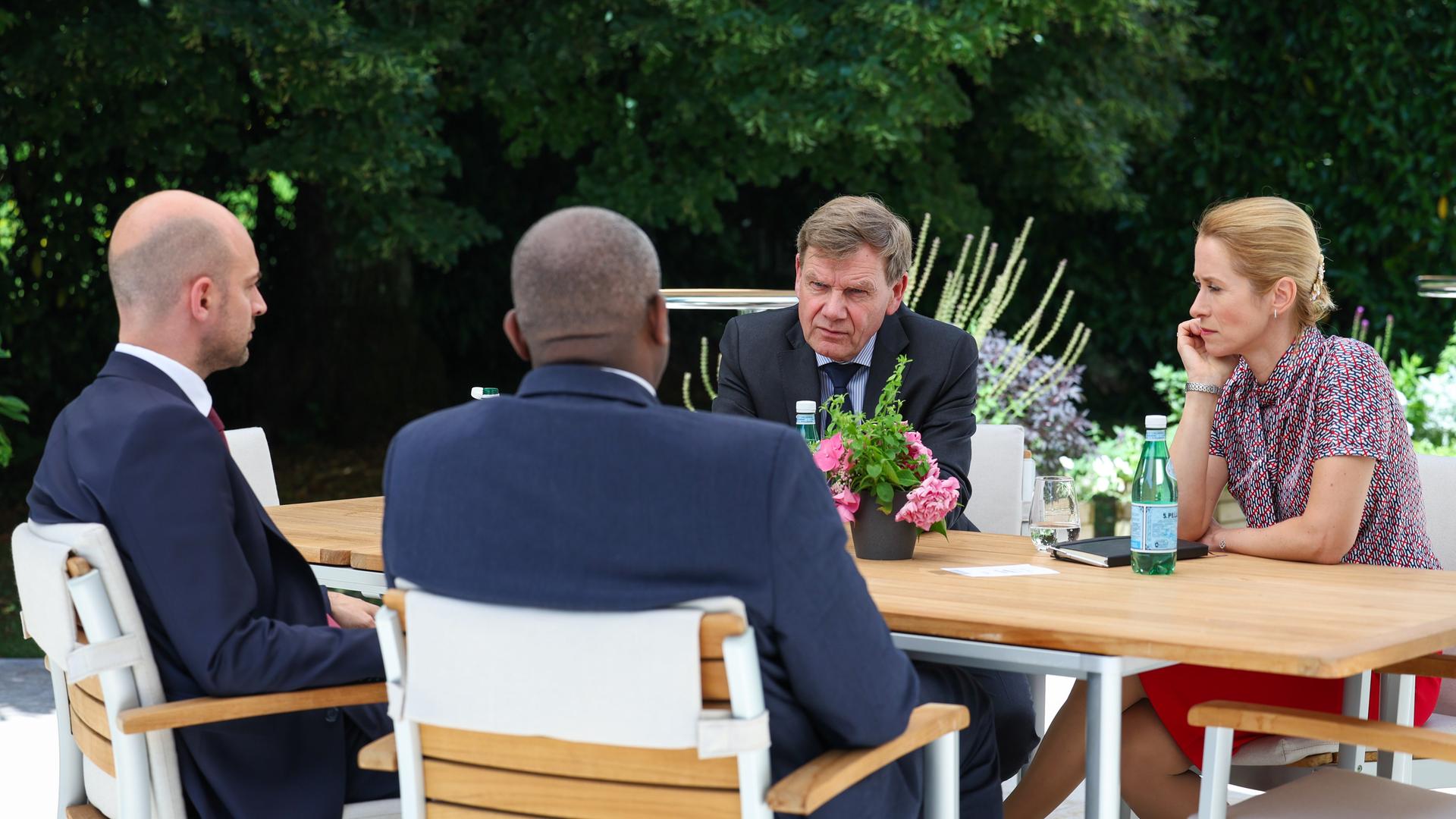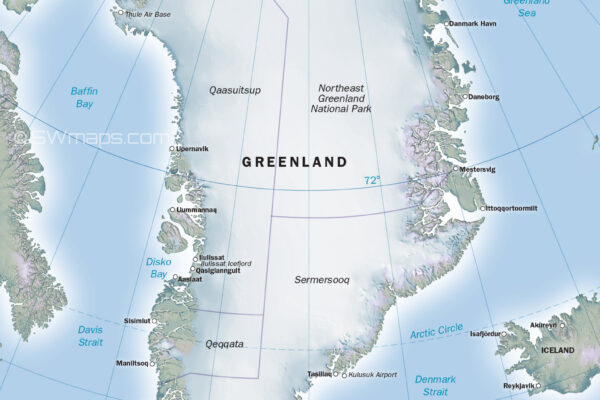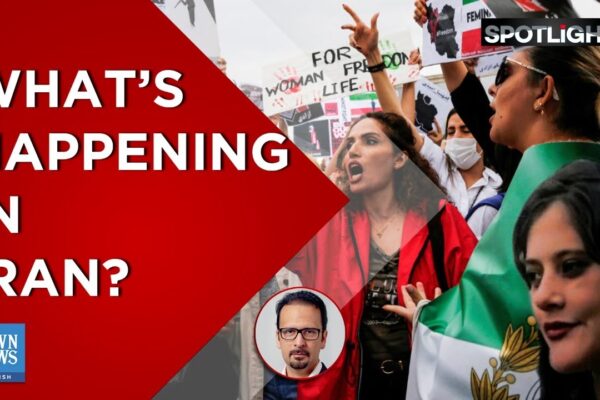Understanding the Complex Relationship Between Israel and Iran

Introduction
The relationship between Israel and Iran has long been characterized by hostility and tension, rooted in geopolitics, regional power struggles, and ideological differences. As two of the most influential nations in the Middle East, their interactions significantly affect not just the region but also global dynamics. Understanding the depth of their animosity is crucial for grasping the implications on international security and diplomatic efforts.
The Roots of Tension
The hostility primarily stems from Iran’s opposition to the state of Israel, which it does not recognise and has labelled an enemy since the 1979 Islamic Revolution. In recent years, Iran’s nuclear ambitions, coupled with its support for militant groups like Hezbollah and Hamas, have heightened fears within Israel regarding its national security. Reports indicate that Iran is advancing its nuclear programme, raising alarms in Israel and the broader international community.
Recent Developments
In late 2023, tensions escalated further after several incidents involving drone attacks and cyber warfare, attributed to Iranian state-sponsored groups targeting Israeli infrastructure. In response, Israel has increased its military readiness and conducted airstrikes against Iranian installations in Syria, which they perceive as a direct threat. Additionally, the ongoing geopolitical landscape, complicated by alliances with other regional players such as the Saudi Arabia-UAE bloc and support from Western nations, particularly the United States, influences the intricacies of the conflict.
International Response
The international community has been closely monitoring these developments. While the United States continues to advocate for diplomatic solutions to curb Iran’s nuclear ambitions, European nations have attempted to mediate discussions aimed at reducing tensions. However, the effectiveness of these measures remains debatable, as both parties remain entrenched in their positions.
Conclusion
The Israel-Iran relationship stands as one of the most significant flashpoints in global politics today. As the conflict progresses, the potential for miscalculation and escalation remains high. For observers and stakeholders, understanding the roots, recent developments, and international response is critical in anticipating future events and preparing for the possible consequences of this tumultuous relationship. Ultimately, achieving a sustainable resolution requires cooperation and dialogue, but the path forward is fraught with challenges.
You may also like

Understanding the Significance of the Greenland Map

Current Events: What’s Happening in Iran

Qatar’s Growing Influence in Global Affairs
SEARCH
LAST NEWS
- Remembering Wendy Richard: The Promise to Co-Star Natalie Cassidy
- How Did Anglian Water Achieve an ‘Essentials’ Rating for Mental Health Accessibility?
- Shai Hope Leads West Indies in T20 World Cup Clash Against South Africa
- What We Know About Weston McKennie: Future at Juventus and Past at Leeds
- What We Know About the Upcoming Live Nation Antitrust Trial